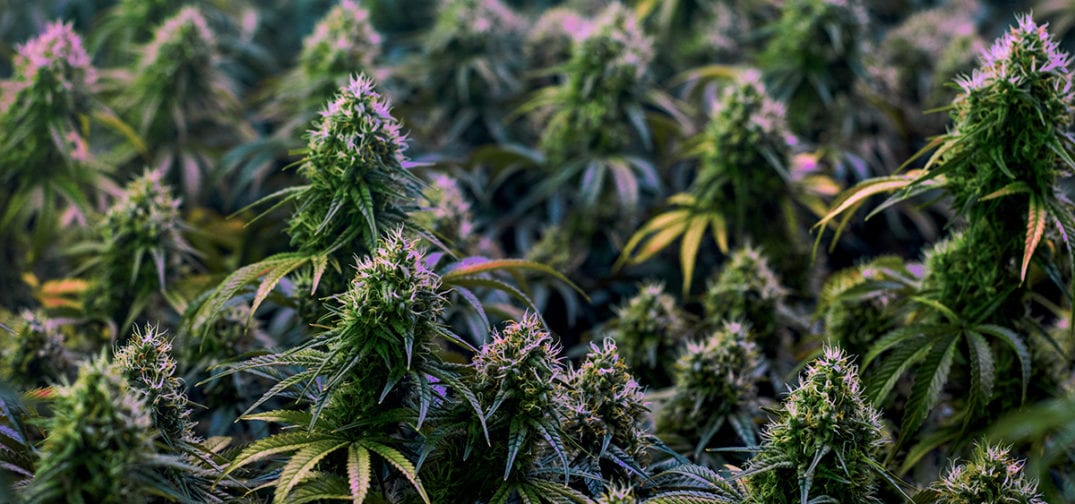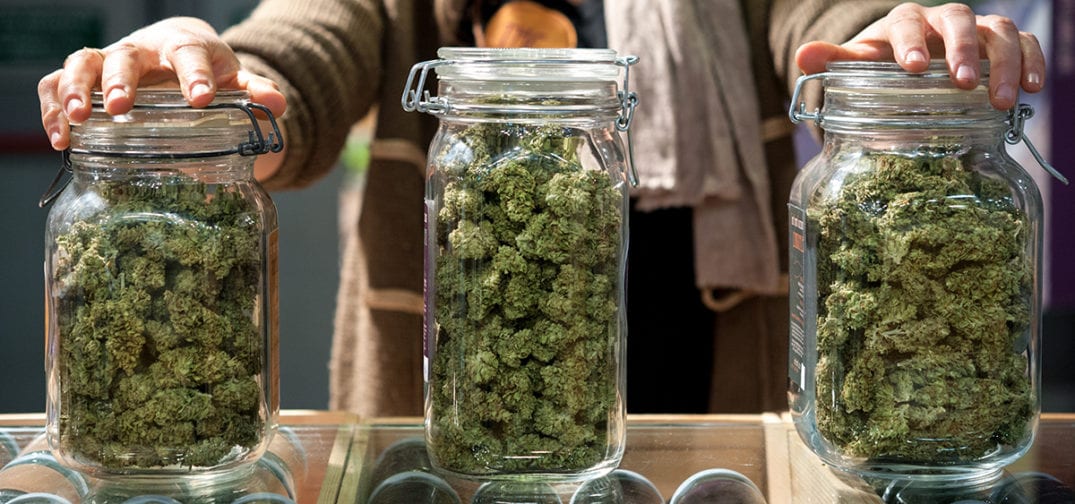Cheech Marin is partnering with Cannabis10X, global investors, and the quintessential Bruce Linton to judge 15 global cannabis brands competing for the coveted Cannabis Crown.
Maverick Cannabis10X founders, Jason Tropf and Holly A Ford, introduce to the cannabis world the 15 finalists from their Capital Pitch Event: Retail Alchemy! Competing for funds, acquisitions, partnerships and, of course, The Cannabis Crown, these 15 brands have defeated more than 100 rivals to earn their prestigious place in the penultimate showdown on Saturday, September 26.
This is a 5-minute pitch, ‘Shark-Tank’ style to Bruce Linton, Founder & Former CEO of Canopy Growth Corp, Hamish Sutherland, CEO of White Sheep Corp, & Patrick Rea, Founder of Canopy Boulder. And as an added element of alchemy, audience votes decide the early ‘Coin’ round champions.
Speakers for this essay in magic feature Cheech Marin of the original Cheech & Chong, interviewed by founders Jason Tropf and Holly A. Ford, as well as Cy Scott, CEO & Co-Founder of Headset; Kiran Sidhu, Founder and Director of international powerhouse Halo Labs; and Curt Dalton, CEO of Cannabis.net, as he interviews Cannabis10X judge Bruce Linton.
In a recent interview, Ford was asked how the event name, Retail Alchemy, was chosen. “Alchemy is an ancient branch of natural philosophy. Alchemists transmuted base metals into noble metals. They created the elixir of mortality, the panaceas that cured all disease, and perfected the human body and soul from the alchemical Magnum Opus (The Philosopher’s Stone),” said Ford. “Our retail brands are doing the same thing. They are creating gold with their businesses that sell an elixir that cures disease and stabilizes the body chemistry and soul.”
After more than 100 brands submitted their concepts to be considered for the capital pitch event, the Cannabis10X team interviewed and selected 40 semi-finalists. Those 40 brands underwent an excruciating semi-finals where they had a mere two minutes to convince judges Hamish Sutherland, CEO White Sheep Corp, Krishnan Varier, Managing Director Arcadian Fund & Patrick Rea, Founder & CEO Canopy Boulder, that they wielded superiority over their peers.
Fume, House of Saka, Endourage, Hush, Voyager, Halo Cannabis, HANF, Blinc, Dadirri, Sunpath, Nug, Hendrix Farms, Pineapple Express, Tree of Life Seeds, & Herron Family Farms levitated to the top, earning them each a seat at the final showdown on Saturday, September 26.
“We are running with a very eclectic crowd,” Tropf said. “We work with political leaders, multi-billion dollar funds and celebrities, along with a wealth of international cannabis brands all that even include brands launching their seed rounds of funding.”
The Cannabis10X team exudes wealth and professionalism. As a business brokerage, they assist clients primarily in raising capital, franchising their businesses, & creating successful exits and partnerships. The popular Cannabis10X events serve the ultimate purpose of creating wealth for their clients.
“We love the event for its levity and fun,” said Ford. “But in truth, we are all, collectively graced with an unprecedented opportunity to empower humanity to protect their own health and consciousness. We take that opportunity very seriously.”
The last Cannabis10X event — Build a Better Mousetrap — collected a virtual audience from 14 countries, sold out at 1000 attendees, and created wealth for 24 innovative brands. These events are uniquely distinct from all other cannabis events: they encourage brands in all stages of growth to compete, the judges are world-renowned cannabis leaders, and the ‘Shark-Tank’ style Q&A provides an unprecedented learning platform for competitors and spectators alike.
“There is a definite element of levity at these events!” said Tropf. “But there is no mistake that they are creating serious growth in this industry.”
Tickets are priced deliberately low to allow all to participate in the event’s powerful education opportunities — $25 for tickets, and an additional $25 for accredited investors who would like a complete set of decks post-event. Limited sponsorships remaining.
Reserve Tickets and learn more about the event at https://members.cannabis10x.com/retail.

























